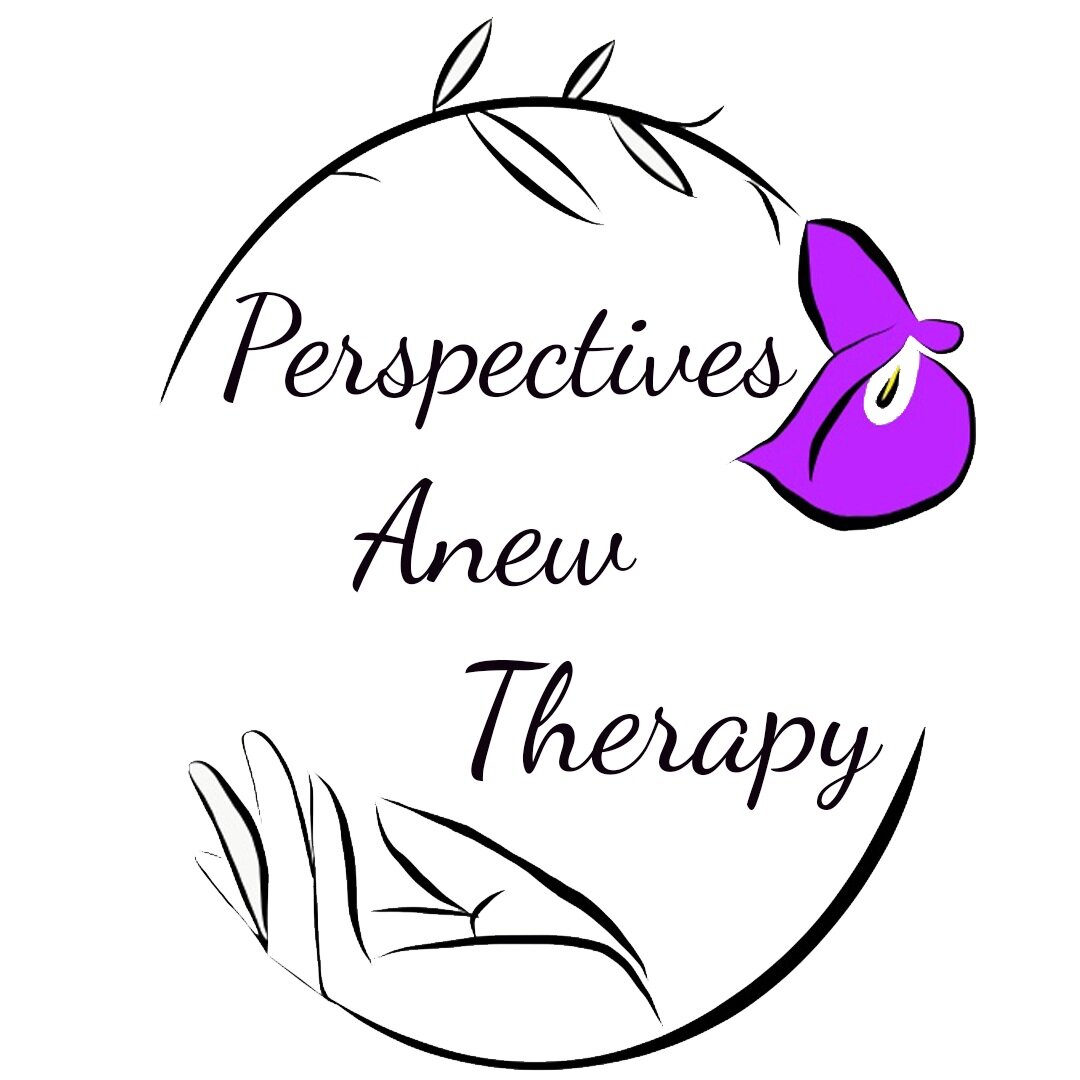Reducing Social Isolation and Loneliness for Elders
Particularly for older adults, loneliness and social isolation have a massive negative effect on health, mental health, and mortality. Because of this, loneliness and social isolation among elders is a major public health concern and the reason for this is because 50% of lonely people are more likely to die prematurely. Both of these health concerns are rarely addressed in health and mental health care settings which has caused them to become the most modifiable risk factors for mortality and morbidity. Outside of all this, social isolation and loneliness among elders must be addressed because one in two people over the age of 60 are at risk of social isolation.
It is important to note that social isolation does not equal loneliness. A person can become socially isolated, but that doesn’t necessarily mean they are lonely. Loneliness is defined as the sense of feeling alone that causes distress which is associated with having few, if any, social relationships. Risk factors for both concerns include living alone, loss of a loved one, depression, anxiety, dementia, poor health, loss of independence, limited financial resources, and a lack of transportation. Effects of social isolation and loneliness include cardiovascular disease, hypertension, obesity, depression, substance use, suicidal tendencies, cognitive decline, progression of dementia, stroke, and premature death.
There are four main types of interventions and resources that can be used to help elders that are struggling with either one health concern or both. The first step would be to improve social skills by increasing verbal and non-verbal communication skills. The second is to increase social support, an example of this would be friendly visitors or in-home support services. Thirdly, it’s important to increase social interactions whether it’s social activities or telephone outreach. Lastly, it’s important to change unhelpful thoughts about social situations because some individuals who deal with loneliness have negative thoughts about others and can evaluate social situations in unhelpful ways.
Source: Suicide Prevention Resource Center
